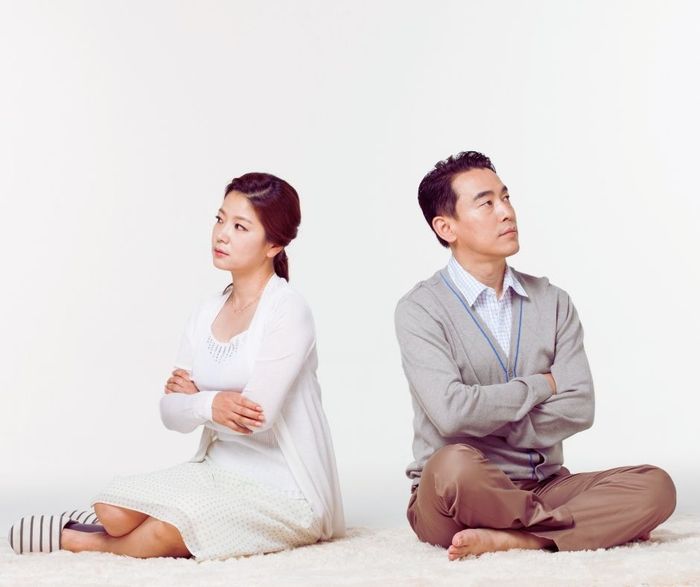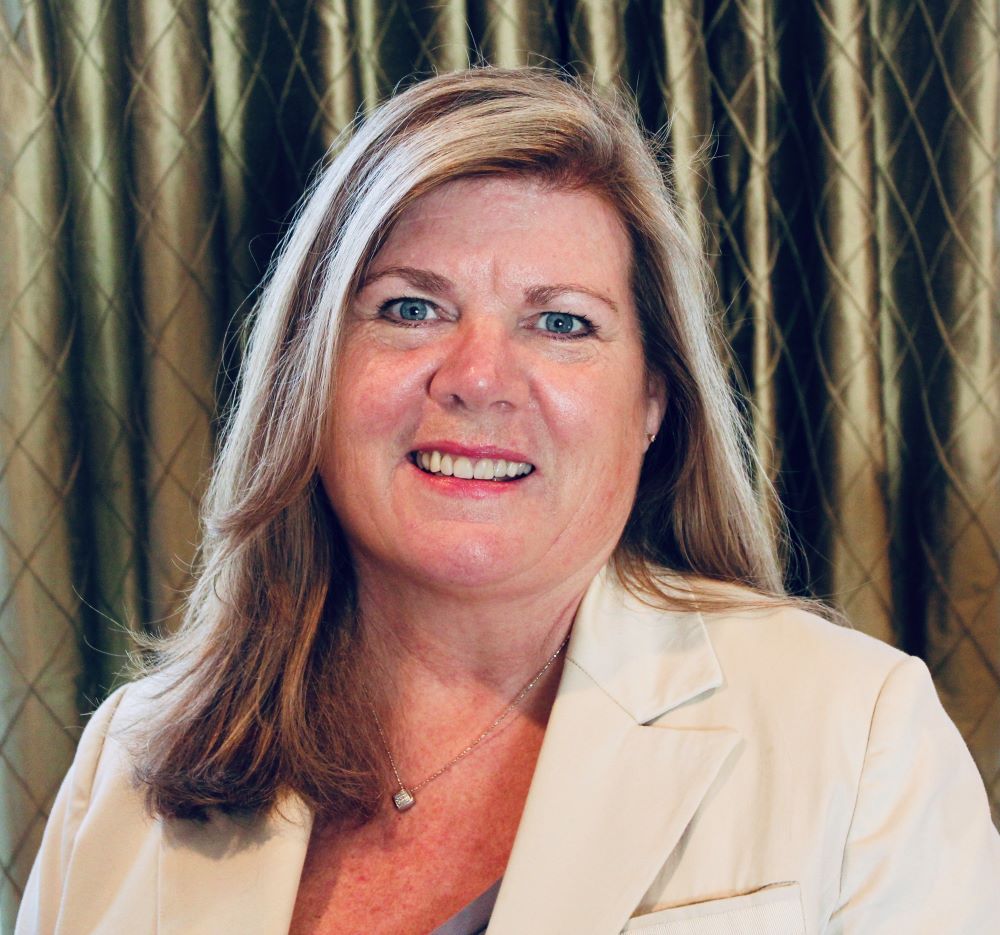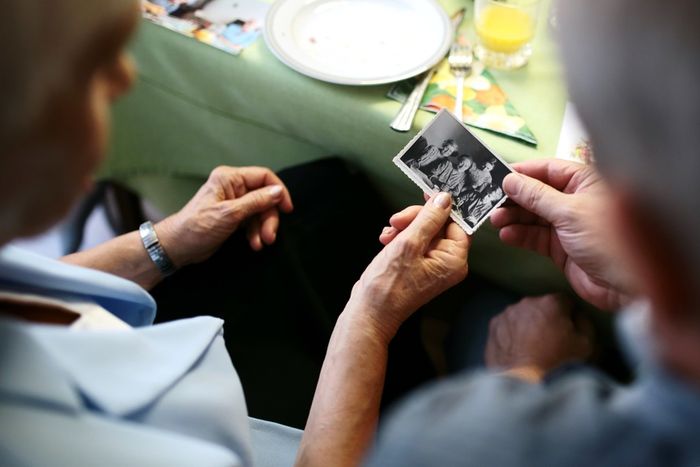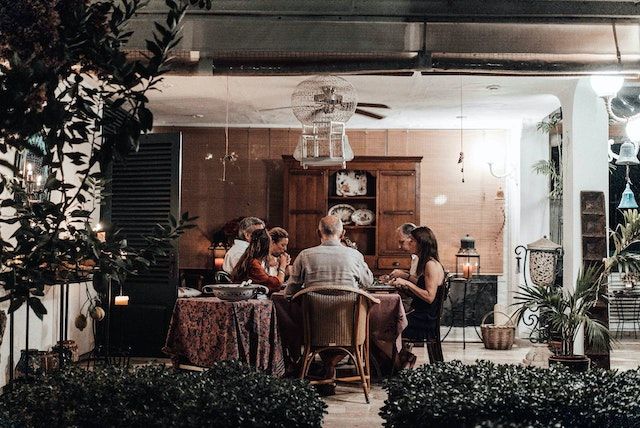Leaving Behind More Than Just Money: Balancing Equity, Love, and Legacy in Estate Planning

In British Columbia, a recent estate case revealed just how complicated “fairness” in estate planning can be.
A mother left her rental property to be divided equally between her son and daughter. On the surface, it seemed balanced. But when the daughter looked closer, she realized her brother had already received nearly $3 million in lifetime transfers, while she had been given only $120,000. To her, this so-called equal split was anything but fair. The court agreed with her, ruling that what looks equal on paper can feel profoundly unequal in practice.
Cases like this are becoming more common, with will disputes steadily on the rise. And they expose a deeper truth: estate planning is not only about numbers. It’s about love, family, and the stories we tell through how we leave our assets behind.
But this is where it can get messy. Many of us were raised with the subtle (or not-so-subtle) message that “money equals love.” A larger inheritance can feel like proof of being favoured, while a smaller one can feel like rejection. Even when the intention is practical or compassionate - helping the child who needs it most, for example - the meaning can be misinterpreted. And once someone is gone, there’s no way to explain, reconcile, or repair what feels unfair.
Fair Doesn’t Always Mean Equal
When we talk about fairness in estate planning, it’s tempting and often easiest to think “equal” - dividing everything into neat percentages. Equal is simple, objective, and appears impartial. But equal doesn’t always feel fair.
But life isn’t equal.
Some children may have already received more financial help along the way. Others may have taken on the lion’s share of caregiving for aging parents forfeiting some of their career opportunities. Some may be financially secure, while others are struggling. In these cases, a strictly equal division might leave one child feeling overlooked or undervalued.
That’s where the idea of equity comes in. Equity asks: what does each person actually need, and what reflects the whole picture of their relationship, previous gifts and contributions? This doesn’t always mean giving more to those with less, but it does mean weighing the context - both financial and emotional - behind the distribution.
The Conversation We Avoid
Sadly, here’s an uncomfortable truth: many people are tempted to “resolve” conflicts in their wills after they’re gone. Whether they see it as having the last word or feeling that it's just easier to not discuss this with their family because there's no confrontation or uncomfortable feelings, leaving family members to discover decisions after your death often can often cause far more pain than it avoids.
When heirs feel blindsided, resentment can fester. A smaller share could be interpreted as punishment or favouritism, and because the person who made the decision is no longer around, there’s no opportunity to seek clarity or closure. Even if it was meant as an act of love, it could instead sow the seeds of estrangement amongst remaining family members.
That’s why open conversations - however awkward - are vital. Talking through our intentions with our family while we're alive can create an opportunity for questions, context, and hopefully healing. It doesn’t guarantee agreement, but it does give everyone at least the chance for understanding.
Beyond Money: Building a Legacy
Estate planning is about more than distributing assets. It’s about passing on our values, memories, and the legacy of how we loved our family. Money can be part of that, but it should never be the whole story.
Finding equity instead of just equality in our estate planning allows us to recognize the complexities of life. Pairing that with honest conversations helps ensure our loved ones don’t just inherit assets - they inherit our hopes and objectives in our decisions of how we would like it distributed.
In the end, our goal should not be to simply leave our money behind, but to leave relationships intact and a legacy that is measured not in dollars, but in our love and intentions.
And this will endure long after we’re gone.
Related content







